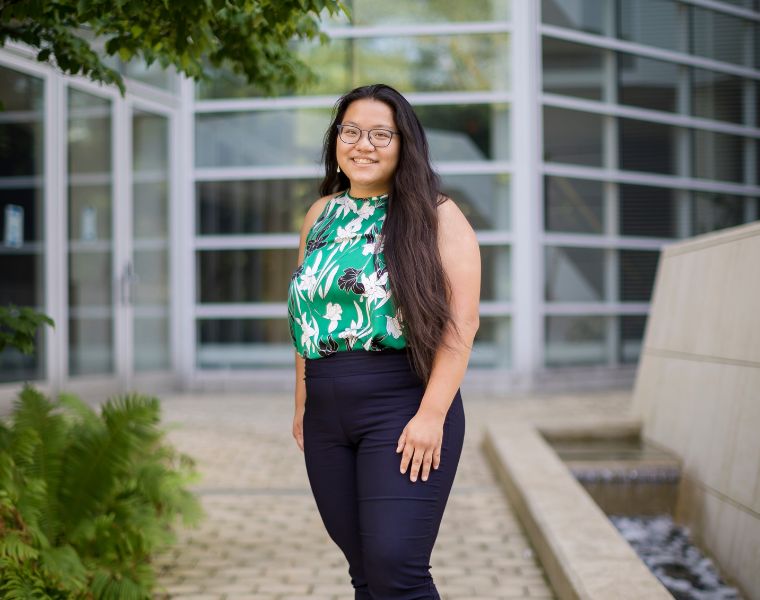This article originally appeared in the summer 2023 edition of Forward Thinking magazine. This summer, The Daily will share some of the articles from the latest edition of the magazine. View more stories at case.edu/give/about/news/forward-thinking-magazine.
In 2003, Cleveland’s future was in crisis.
At 31.3%, the overall poverty rate was more than twice the national average, with nearly half of the city’s children qualifying as impoverished. Yet even as the Cleveland Metropolitan School District (CMSD) reported a 40% high school graduation rate, hundreds of teachers and city school staff were laid off due to budget cuts. The following year, Cleveland was declared the poorest big city in the U.S.
Case Western Reserve University faculty member Nathan Berger, MD, wanted to be part of the solution—starting with the education of the next generation.
“There were obviously still very bright students all around, but they weren’t getting the kind of education or opportunities they needed to succeed,” said Berger, the Hanna-Payne Professor of Experimental Medicine and director of the Center for Science, Health and Society at the School of Medicine. “I knew if we could get them in the lab to do hands-on research, they would fall in love with the excitement of discovery and consider careers in research and healthcare.”
He began designing the Scientific Enrichment and Opportunity (SEO) program, which would bring CMSD high schoolers to campus for eight weeks of biomedical research under the guidance of School of Medicine faculty mentors. Because many students work full time over the summer to help support their families, the program would also need to offer a stipend to make the time commitment feasible.
A local family foundation made an initial investment to launch SEO, followed by grants from both regional and national foundations, and gifts from individual donors.
Of the 456 total students who have participated in the immersive research experience since it launched in 2004, 93% graduated high school and 88% attended college. Those numbers have jumped to 100% and 97% respectively since a 2018 grant from the National Cancer Institute established a partner program, Youth Enjoy Science (YES). In the past five years, 21 alumni of SEO and YES have enrolled at Case Western Reserve.

